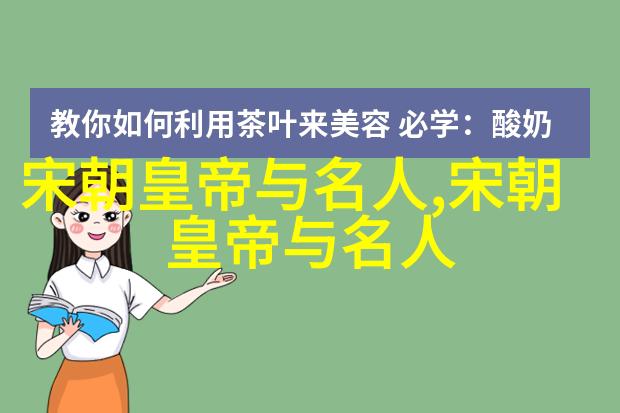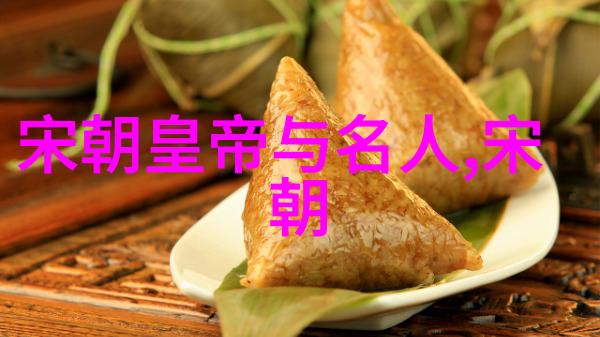Liu Bangs Descendants How Did the Han Dynasty Empe
As one of the most influential figures in Chinese history, Liu Bang, also known as Emperor Gaozu of Han, played a pivotal role in establishing and maintaining the Han dynasty. The story of his descendants has long fascinated historians and scholars alike. In this article, we will delve into the lives of Liu Bang's descendants and explore how they maintained their family ties throughout generations.

Firstly, it is essential to understand that tracing the lineage of Liu Bang was not an easy task due to various historical records being lost or destroyed over time. However, through careful examination of available sources such as official histories like "The Records of the Grand Historian" by Sima Qian and "The History of Western Han" by Ban Gu, along with archaeological findings like tomb inscriptions and genealogical charts discovered in ancient tombs or temples, we can piece together a rough outline of Liu Bang's descendants' relationships.
One significant aspect to note is that during Liu Bang's reign (202 BCE - 195 BCE), he had several sons from different wives. His eldest son was Prince Huaiji who was born to Lady Qi; however, he died early without any male heirs. This left room for other sons who were born later but still considered important members within the royal family.

Another notable point is that after Emperor Gaozu passed away (195 BCE), power struggles ensued between his brothers-in-law Li Guangli (Lady Qi's brother) and Zhang Er (Lady Lü Zhi's brother). These conflicts threatened not only peace but also stability within the ruling dynasty. Despite these challenges facing his offspring after death, Emperor Gaozu himself took steps towards ensuring harmony among his children.
Emperor Gaozu established clear rules governing succession at court so as to maintain balance between different factions vying for influence within palace politics. He decided on designating certain members from each faction into key positions thereby creating checks on potential abuse while fostering collaboration amongst them.

Moreover there were instances where marriages occurred between close relatives which could be seen as strengthening ties among different branches within Liu clan itself further solidifying unity despite potential internal conflict arising due its large size over time period spanning many centuries with multiple dynasties ruling China following fall & decline until eventual reunification under Tang rule
Despite all efforts made towards unifying family connections by both emperor gauze himself during life time & continued support given by subsequent emperors across han dynasty’s reigns till end times when final emperor xian abdicated power marking end era han empire

This paper aims at providing insights into understanding how successive generations managed maintain strong bonds even amidst political turmoil & strife faced during periods transitionary phases especially considering vast geographical distances involved along side cultural differences accumulated over thousands years since founding first imperial capital chang'an city located present day xi'an shanxi province china
It cannot help but raise questions about nature relationships amongst individuals living today connected directly through bloodlines traced back centuries ago - what does it mean for modern society? How do our own experiences compare against those lived out so long ago? What lessons might we learn from studying past events related directly tied up personal familial affairs happening right before eyes us now?




